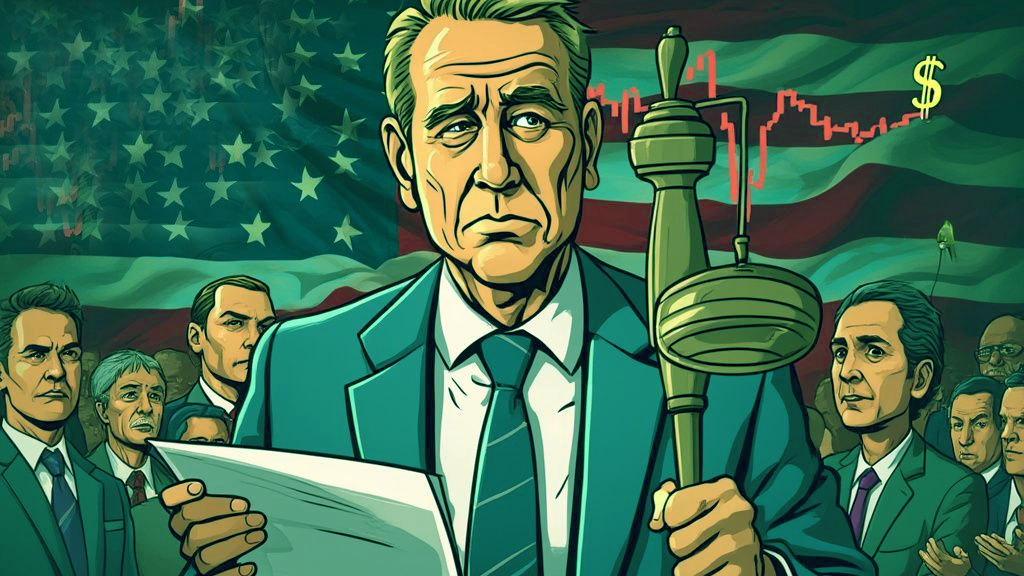Looks like the U.S. Chamber of Commerce might be heading back to court—this time to take on the latest round of tariffs announced by the Trump administration, which are set to kick in this Wednesday. Businesses aren’t just grumbling behind closed doors anymore. They’re seriously questioning whether the administration is stretching its authority under the International Emergency Economic Powers Act (IEEPA). Basically, the fear is that these powers—meant for true emergencies—are now being used like a Swiss Army knife for trade policy.
Some folks in the Chamber say this might be a serious legal overstep and could even rattle the economy. Sound dramatic? It kind of is. We’re talking about changes that might mess with imports to the tune of $800 billion. That’s a pretty hefty shake-up, right?
Tariffs That Pack a Punch — But at What Cost?
Let’s break it down. These new tariffs are expected to hike up the average import rate significantly. The result? A potential drop in U.S. imports by hundreds of billions of dollars. Industry experts are already bracing for the fallout—imagine GDP shrinking by 0.4%, and prices creeping higher in sectors like cars, steel, and even pharmaceuticals.
Here’s the kicker: retaliation from other countries is a very real possibility. Businesses are clearly spooked, but instead of taking to the streets, many see legal action as the smarter, safer move. Can you blame them?
Been There, Sued That
This wouldn’t be the first time the Chamber went toe-to-toe with Trump’s policies. Remember the lawsuits over immigration rules? Yeah, this group isn’t afraid to push back when regulations threaten their members.
What’s happening now is part of a much bigger pattern—presidents leaning into emergency powers to push trade agendas. These powers were supposed to be reserved for national security threats, not everyday economic decisions. One insider even bluntly said, “They’re gonna get hauled out for this once it hits.” Colorful, but it drives the point home.
Could This Set New Legal Boundaries?
The fallout might go beyond just this round of tariffs. We could be looking at a whole new set of laws redefining what a president can and can’t do when it comes to trade. There’s already bipartisan interest in reining things in, and legal challenges like this one could speed things up.
Long story short? This legal showdown could change the game when it comes to executive power in U.S. trade policy. The courtroom might just become the newest battlefield for America’s economic future.
